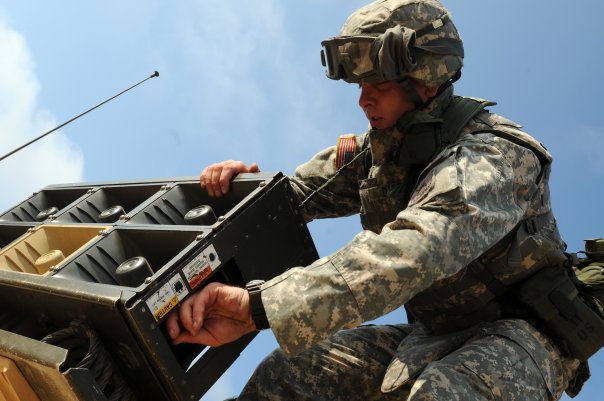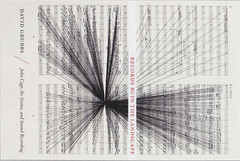
The Jurisprudence of Sonic Warfare
200 Gertrude St, Fitzroy
FREE
World War 1 marked a watershed in the history of sonic warfare. Noise and war have always gone together, but never before had sound been so devastatingly weaponised. ‘Soldiers knew within hours on the Front,’ writes historian Hillel Schwartz, ‘that the Great War was noise, that the noise was dangerous, and if noise of itself was not fatal then it was advance notice, and emblem, of mortality.’ In the subsequent century the techniques of sonic warfare have become increasingly refined as their effects have become less and less visible.
So-called ‘sonic booms’ were unleashed quite deliberately over Nicaragua in the early 1980s and over Palestine in 2005, exploited as much for their material force as for their capacities in relation to what Steve Goodman calls the ‘sonic dimension of the ecology of fear’. Technologies like the Long Range Acoustic Device (LRAD) are being put to daily use both by domestic police forces and by the US military in Iraq. The use of sound, music and silence in relation to ‘enhanced interrogation’ practices in the ongoing ‘war against terror’ are well documented. And all of this takes place relative to a field of ‘civilian’ musical practice, discourse and consumption which is much less innocent than we like to think.
How should we think the weaponisation of sound? And what, if anything, has law got to do with it? The ‘sonic booms’ over Nicaragua were raised in proceedings before the International Court of Justice, but made legally cognisable only as airspace violations. In legal terms, the LRAD is so readily available internationally precisely because it is presented as a ‘communication device’ rather than a ‘weapon’. Torture is in principle criminalised, but the invisibility of sound in ‘interrogation practices’ is invariably exploited in order to mask its violence, and the playlists in question (Britney, Metallica, Barney the Dinosaur) are far more likely to raise a chuckle than juridical concern.
Is law capable of any sort of purchase here at all? Or is it in fact a part of the problem? What, in other words, is the jurisprudence of sonic warfare?

